New documentation reveals 2,180 reported cases of Multiple Sclerosis caused by COVID-19 mRNA vaccines, according to WHO database.
2021 April – 35 year old UK nurse Rachel McKinney developed Multiple Sclerosis a few weeks after getting her first 2 Pfizer mRNA jabs in Dec. 2020 and Jan. 2021, and was dead by April 2021 (click here).
Rachel was among the first recipients of Pfizer COVID-19 mRNA vaccines in England, receiving 1st dose in late Dec 2020 and 2nd dose in Jan. 2021.
Weeks after her 2nd dose in February 2021, Rachel started having slurred speech and feeling confused. She was hospitalized and soon became paralyzed and lost her ability to speak.
She was diagnosed with Acute Disseminated Encephalomyelitis and after multiple seizures she was placed in a medically induced coma.
Rachel died on April 3, 2021, after 46 days in the hospital. Doctors said Rachel developed a rare form of Multiple Sclerosis after her COVID-19 vaccines.
VAERS 970658 – 62 year old Florida man was diagnosed with “Exacerbation of multiple sclerosis” 4 days after 1st Pfizer COVID-19 mRNA vaccine.
This is one of the first documented cases of “Multiple Sclerosis exacerbation” that were being published in the VAERS database as early as January 2021.
Published Research
March 2023 – Alluqmani studied 32 people who developed MS after COVID-19 vaccines. He found:
- mean age 30 years old (range 21 to 45)
- 21 had vertigo and imbalance, 7 had visual symptoms, 3 had motor symptoms
- 20/32 had Pfizer, 3/32 had Moderna, 9/32 had AstraZeneca
- 25 had MS symptoms after 1st dose, 7 after 2nd dose
- 14 had brainstem demyelinating lesions, 12 had cerebral lesions, 6 had cervical spinal cord lesions, 2 had dorsal spinal cord lesions
- risk factors for developing MS: low Vitamin D, antibodies for Epstein-Barr Nuclear Antigen, family history of MS
March 2023 – Jeon et al. reported a 19 year old soldier who died suddenly
- 19 year old Korean soldier was found dead in barracks on March 22, 2022
- had 2nd mRNA vaccine 6 months bef ore death
- 3 months before death he started getting seizures
- 17 days before death he had COVID-19, self-limited course at home
- several days before death he complained of recurrent seizures at night
Jan.2022 – Toljan et al. reported 5 new diagnoses of MS post mRNA vaccine
- 29 yo woman had acute left leg weakness 1 day after Pfizer
- 37 yo man had left hand paresthesia 3 days after 1st Pfizer
- 41 yo man had bilateral foot numbness 1 month after 2nd Moderna
- 46 yo woman had bilateral arm pain and left foot drop 3 days after 2nd Moderna
- 43 yo woman had right arm weakness 5 weeks after 2nd dose of Pfizer
- all 5 cases had brain or brain stem lesions on MRI.
Pfizer and Moderna’s involvement in Multiple Sclerosis
Pfizer/BioNTech is making an mRNA vaccine for Multiple Sclerosis (click here)
Interestingly, just as Pfizer COVID-19 vaccines were being rolled out and first cases of Multiple Sclerosis after COVID-19 vaccination were being reported, the founders of Pfizer’s mRNA partner BioNTech published a paper in January 2021 on a newly invented mRNA vaccine for Multiple Sclerosis they “successfully” tested on mice.
On Jan.13, 2022, world famous journal “Science” published a paper claiming that Epstein-Barr Virus (EBV) caused most cases of Multiple Sclerosis (click here).
“We tested the hypothesis that MS is caused by Epstein-Barr virus (EBV) in a cohort comprising more than 10 million young adults on active duty in the US military, 955 of whom were diagnosed with MS during their period of service.”
“Risk of MS increased 32-fold after infection with EBV but was not increased after infection with other viruses…suggest EBV as the leading cause of MS.”
Jan. 14, 2022 – Forbes Magazine announced Moderna started human trials for EBV mRNA vaccine (click here)
Just one day after Science published a paper claiming EBV causes Multiple Sclerosis, Forbes announced that Moderna just started human trials of “an mRNA vaccine for a virus (EBV) that likely causes Multiple Sclerosis.
WHO’s VigiAccess Database (click here) has 2180 cases of Multiple Sclerosis reported linked to COVID-19 vaccines. Here is a comparison to other neurological injuries:
- 21,786 Seizures
- 11,723 Bell’s Palsy
- 7,693 Guillain-Barre syndrome
- 5,650 brain fog
- 5,413 paralysis
- 2,180 multiple sclerosis
- 1,300 transverse myelitis
The extent of coordination between the biggest journals like Science, and big pharma, is very visible in the case of Multiple Sclerosis.
Just as the first COVID-19 vaccines were being rolled out and first cases of post-vaccine Multiple Sclerosis were being reported in VAERS, Pfizer/BioNTech announced to the world they had successfully tested their new mRNA vaccine for Multiple Sclerosis on mice.
A year later, one of world’s biggest journals “Science” published a paper claiming most cases of Multiple Sclerosis are caused by Epstein-Barr Virus. The next day, Forbes announced that Moderna had just begun human trials of its EBV mRNA vaccine that can treat Multiple Sclerosis.
There is no nice way to say it:
Pfizer/BioNTech and Moderna knew they would cause COVID-19 mRNA vaccine injuries and both were already positioned and fully prepared to profit from the very injuries they caused.
This is the new big pharma business model in the 2020s.
The implication is that Pfizer & Moderna knew exactly the types of injuries their COVID-19 mRNA vaccines would cause, before they released them on the public in December 2020.


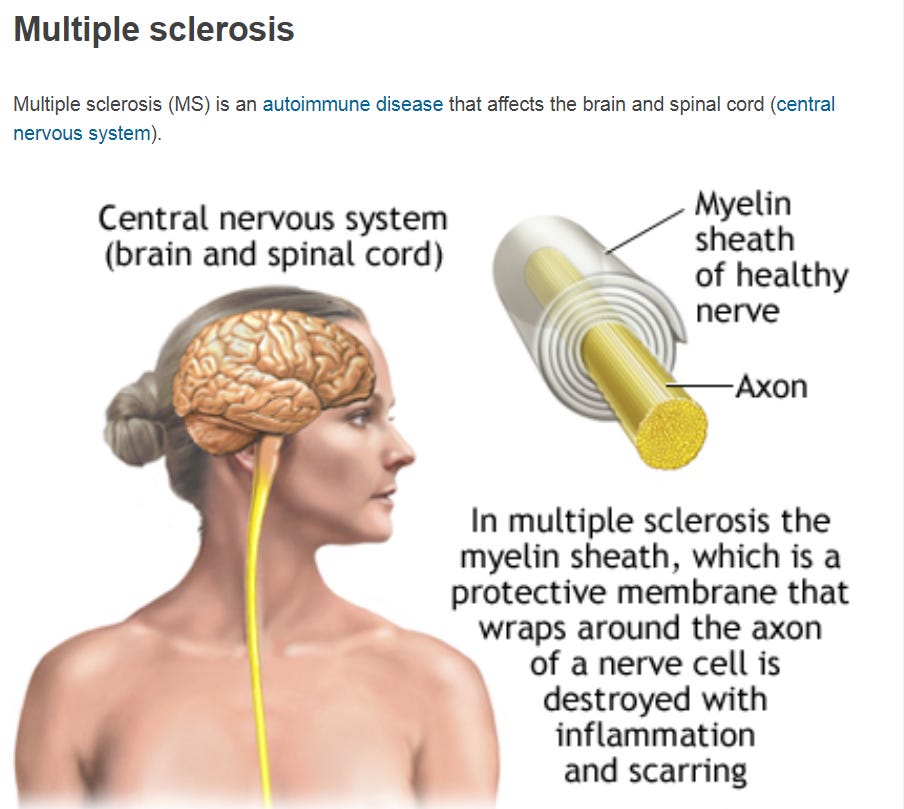
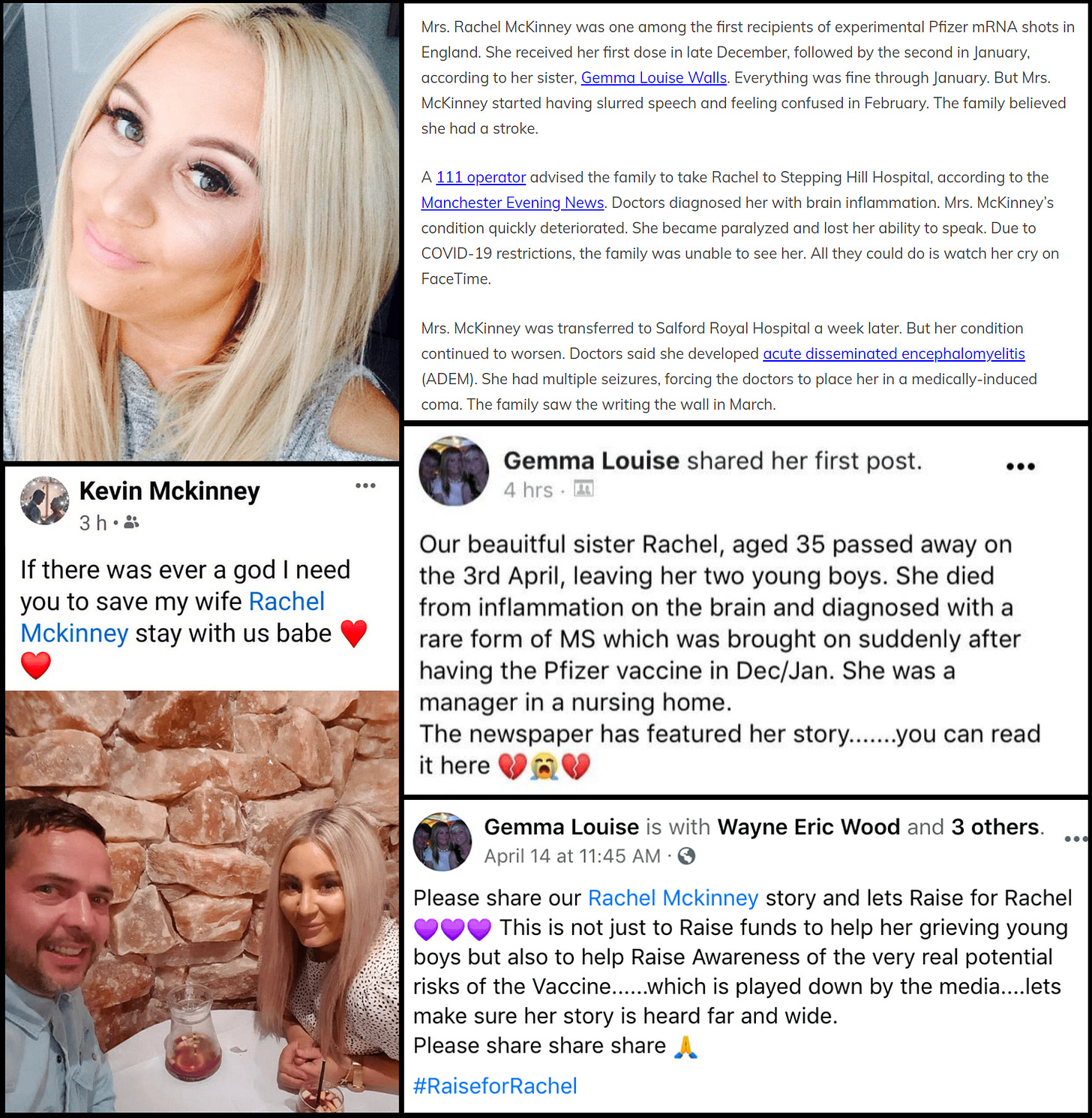
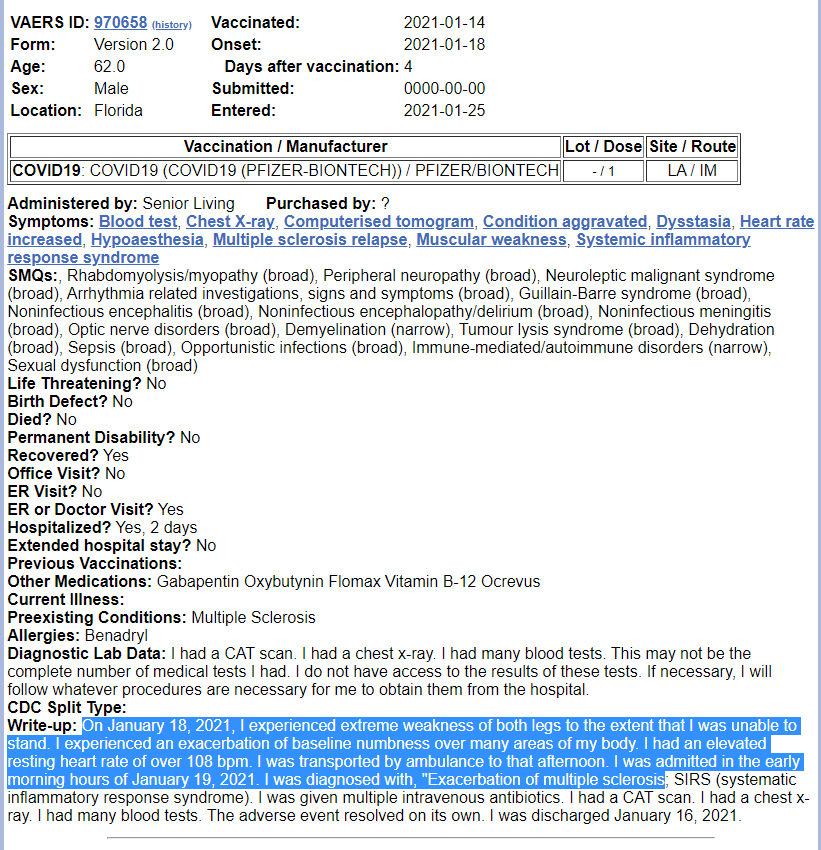
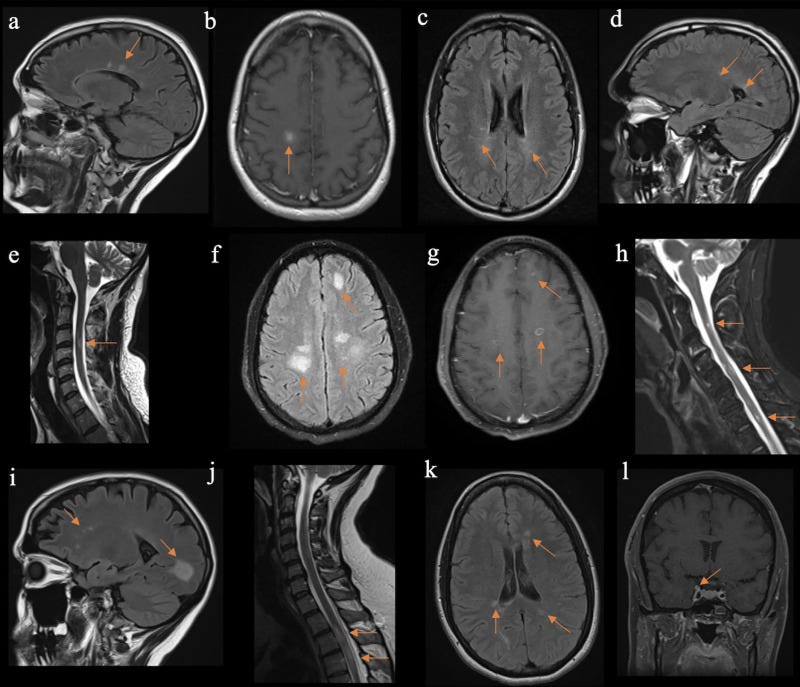
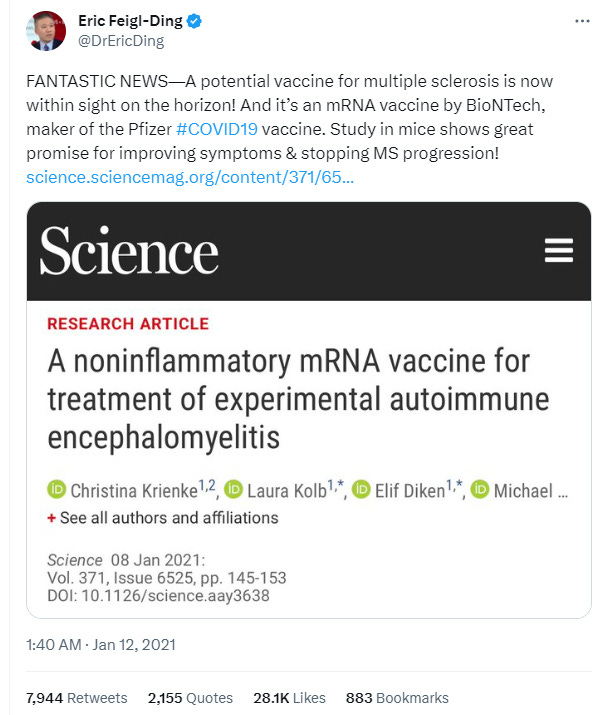

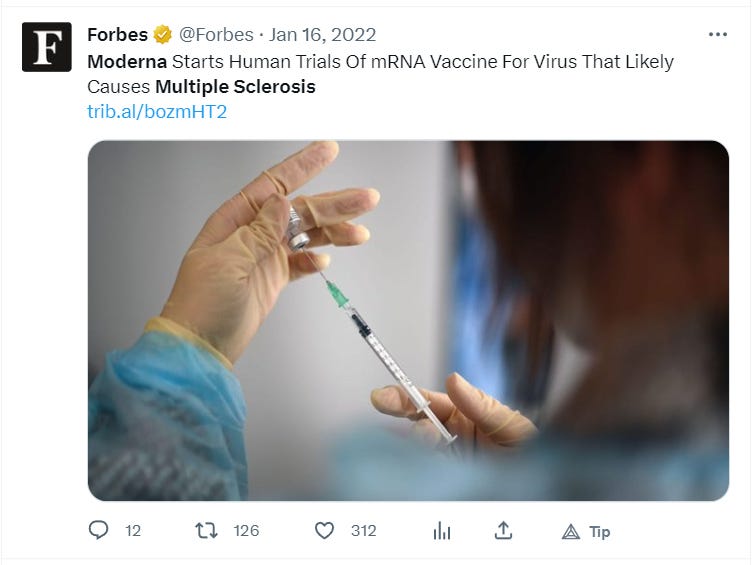
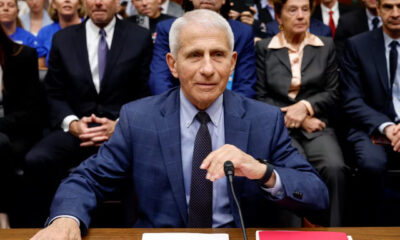

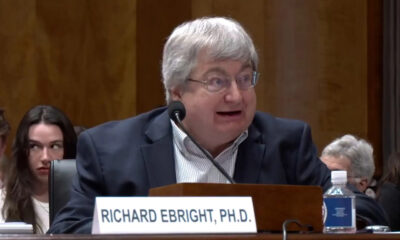

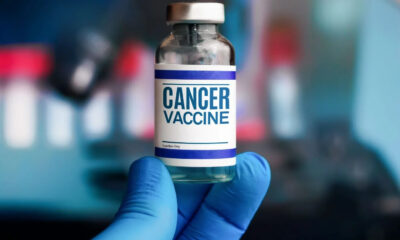
















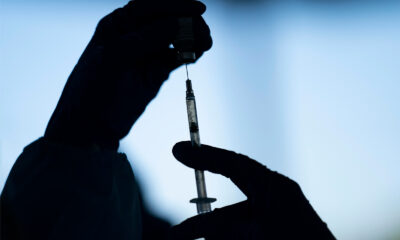






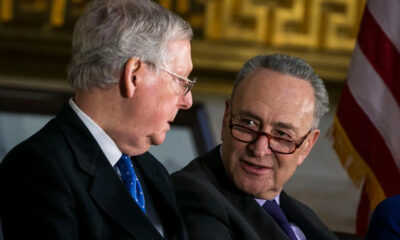







You must be logged in to post a comment Login